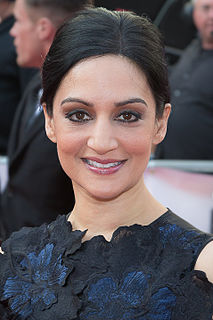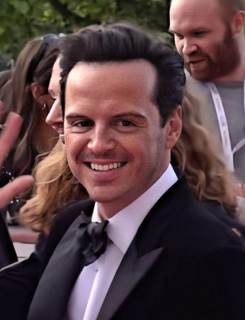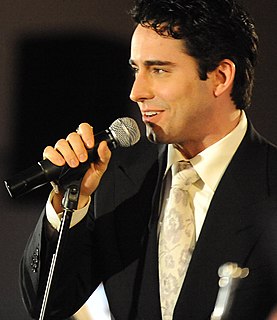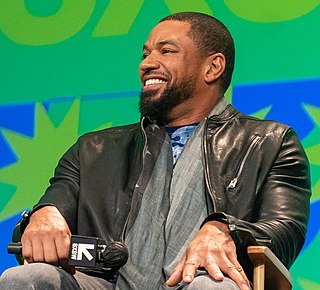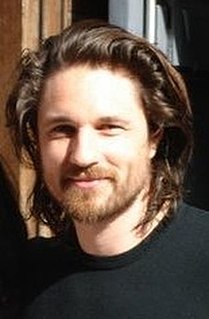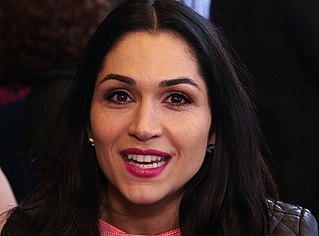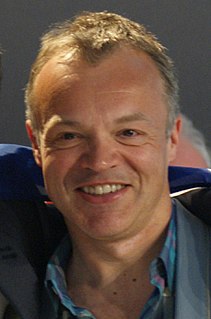A Quote by Frank Dillane
Dialect was my biggest fear. So, I spent a long time working with dialect coaches just trying to get American down. I think it's very important and very easy to misinterpret.
Related Quotes
Dialogue that is written in dialect is very tiring to read. If you can do it brilliantly, fine. If other writers read your work and rave about your use of dialect, go for it. But be positive that you do it well, because otherwise it is a lot of work to read short stories or novels that are written in dialect. It makes our necks feel funny.
I feel so fortunate, Because some people think, well you're just relegated to the sideline. But I feel valued there. They trust me. We work very, very hard at making it worthwhile. We are not going to just be down there spewing a bunch of blah. With our halftime talking to the coaches we are really trying to get something meaningful there and something that helps spin the game forward.


